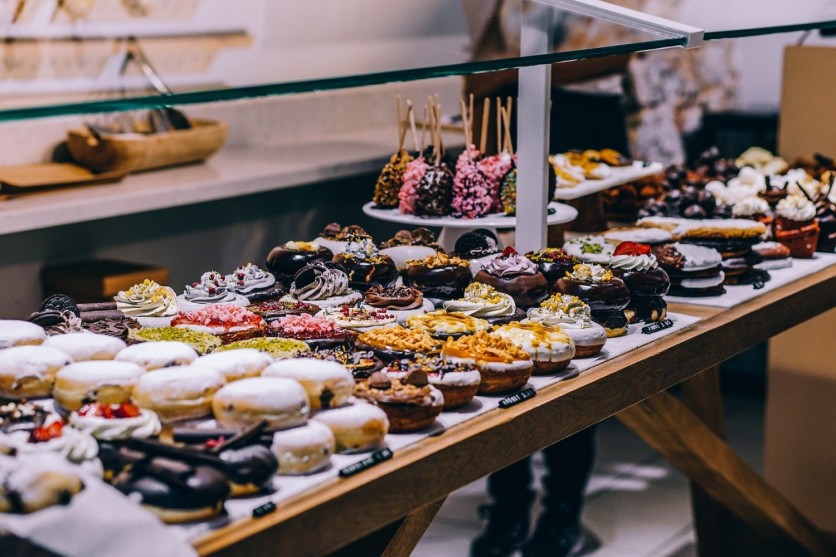How safe is it to devour at a buffet amid the coronavirus outbreak? How secure is it to dine at any restaurant? What is the proper way to open up the U.S. safely and responsibly even as coronavirus cases are still on the rise? These are only some questions on the minds of millions of human beings across the country as states slowly start to reopen.

Japan's public broadcaster NHK launched a video that demonstrates how quickly germs can spread at a buffet. It's an experiment conducted in light of the coronavirus pandemic, and ongoing worries of reopening restaurants while the contagion remains spreading.
The experiment is straightforward enough. A small amount of fluorescent paint was placed on the palms of the participants.
NHK conducted an experiment to see how germs spread at a cruise buffet.
They applied fluorescent paint to the hands of 1 person and then had a group of 10 people dine.
In 30 min the paint had transferred to every individual and was on the faces of 3.
pic.twitter.com/1Ieb9ffehp — Spoon & Tamago (@Johnny_suputama) May 8, 2020
ALSO READ : COVID-19: Experts Suggest Avoid Going to Grocery Stores; Online Deliveries, Best Options?
In just 30 minutes?
Invisible fluorescent paint - visible only a black light - was painted to the palm of one participant. That individual represented an "infected" person who had coughed into his hand. The paint described the virus.
In just 30 minutes, the paint transferred to other people. The paint spread to the hands of other participants, and three ended up with the color on their faces.
The tongs, lids of the dishes, and the drink container were blamed. This simple demonstration goes a long way to show how easily germs can spread through contact and infected surfaces.
There's no doubt that buffets will not be opening for a few times-perhaps maybe never. You could also imagine how kitchen meal prep also can be a way where COVID-19 could effortlessly spread if the proper precautions are not taken.
Yes, germs have been continuously unfolding. Hence, experts recommend to build up a strong immune system. While the virus this is being spread is potentially deadly, that could make diners pause making their next restaurant reservation.
ALSO READ : No More Going To Grocery! Coronavirus Officials Say People Should Avoid Grocery Stores as Much as They Can
Always clean your hands
The World Health Organisation (WHO) urges the public on safety hygiene to avoid infections. WHO recommends regularly cleansing your hands with cleaning soap and water for at least 20 seconds. The health agency also urges the public not to touch their faces. Lastly, staying at least one meter (3 feet) away from other people is recommended to prevent the spread of the COVID-19 virus.
NHK and the professionals did a second experiment too. This time, they had been more diligent about the hygiene practices used on the buffet. The dishes have been separated, tongs were frequently changed for clean ones, and the participants have been asked to clean their hands regularly.
In that version of the meal, no person else other than the initially contaminated person ended up with the fluorescent 'infection.'
The instantaneous lesson right experts recommend is to "avoid buffet-style meals for a while." The experiment also points to a more significant issue. Humans can be grotty creatures, and everyone really needs to stay privy to the dangers and keep our personal hygiene up. Right now, lives rely on it.
ⓒ 2026 TECHTIMES.com All rights reserved. Do not reproduce without permission.




